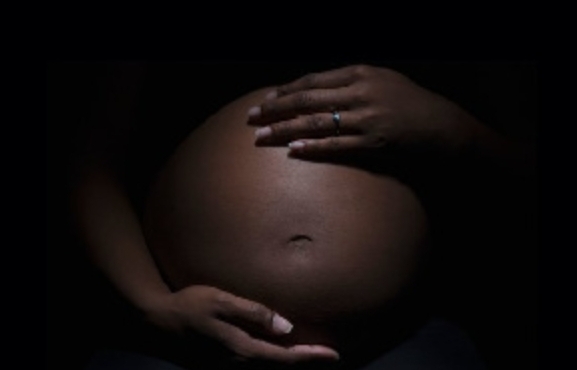GENERAL NEWS
The best time for a woman to get pregnant according to Science

Is there a “right time” to get pregnant? As it turns out, everyone you ask will likely give you a different answer, but let’s find out what science has to say.

Is there a “right time” to get pregnant? As it turns out, everyone you ask will likely give you a different answer, but let’s find out what science has to say.
Technically, women can get pregnant and bear children from puberty when they start getting their menstrual period to menopause when they stop getting it. Scientists and fertility experts estimate the average woman’s reproductive years to be between 12 years and 51 years.
Fertility naturally declines as you get older, which could make it harder for a couple to conceive. And starting a family later in life could pose greater risks for pregnancy complications.
Though it takes a man and woman for conception to occur, the main focus is on women.
According to science, women are born with all the eggs they will ever have (about 2 million eggs/ovaries). The number of eggs gradually falls over the years. From the studies and researches done by Healthline and the Centers for Disease Control and Prevention, a woman at age 37, will have about 25,000 eggs left. By age 51, she will only have about 1,000 eggs left. That might still sound like a lot of eggs, but the quality of the eggs also goes down as a woman ages.
Experts say the best time for a woman to get pregnant is between her late 20s and early 30s. This age range is associated with the best outcomes for both the woman and the baby. One study pinpointed the ideal age to give birth to a first child as 30 years.
Furthermore, a woman’s risk for developing conditions that can negatively impact fertility, like endometriosis and tubal disease, also increases as you get older. Because of these factors, research shows fertility begins to gradually decline at around age 32. Starting between 35 and 37, fertility begins to drop more quickly
Source: GabsFeed, Contributor